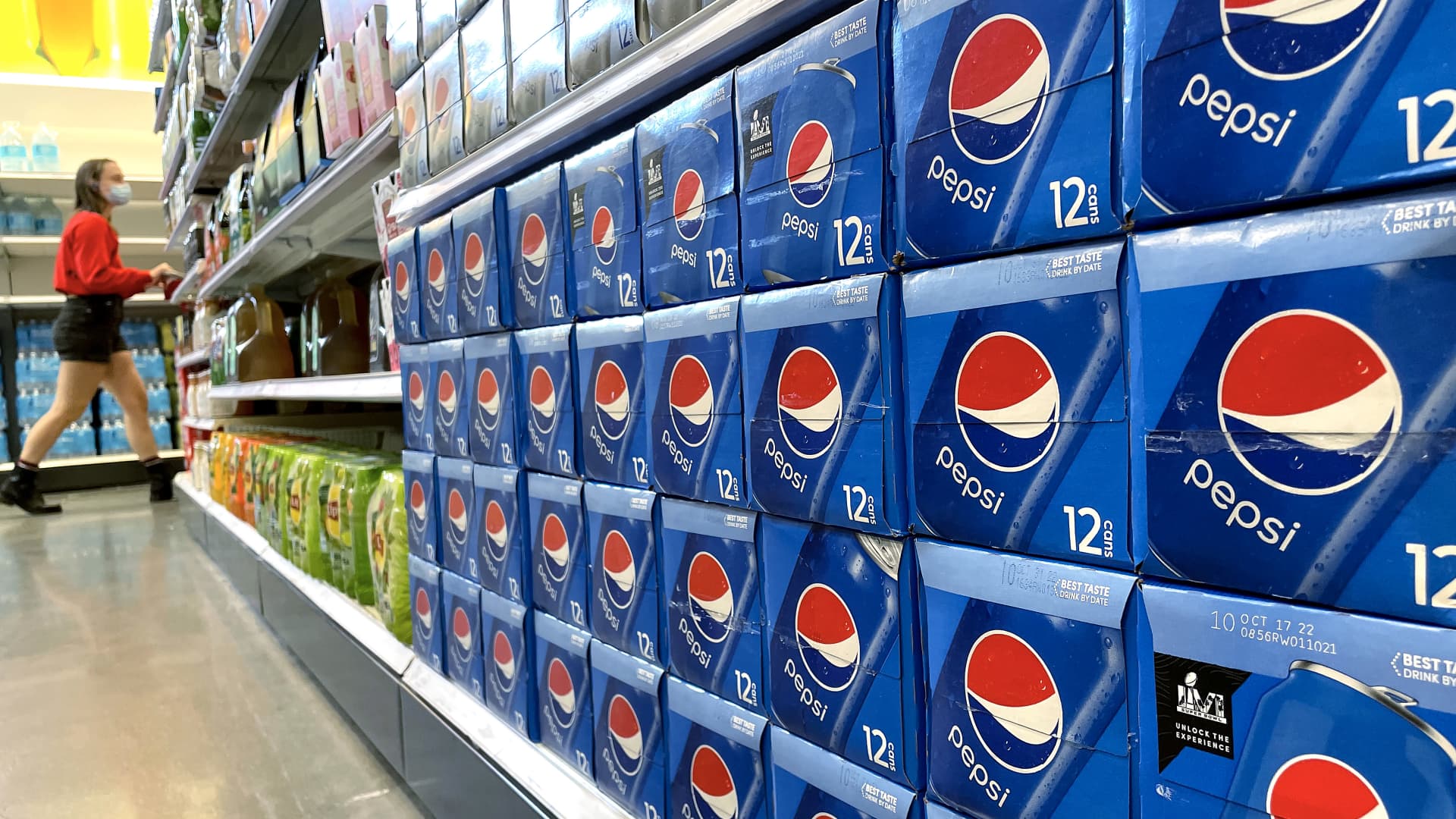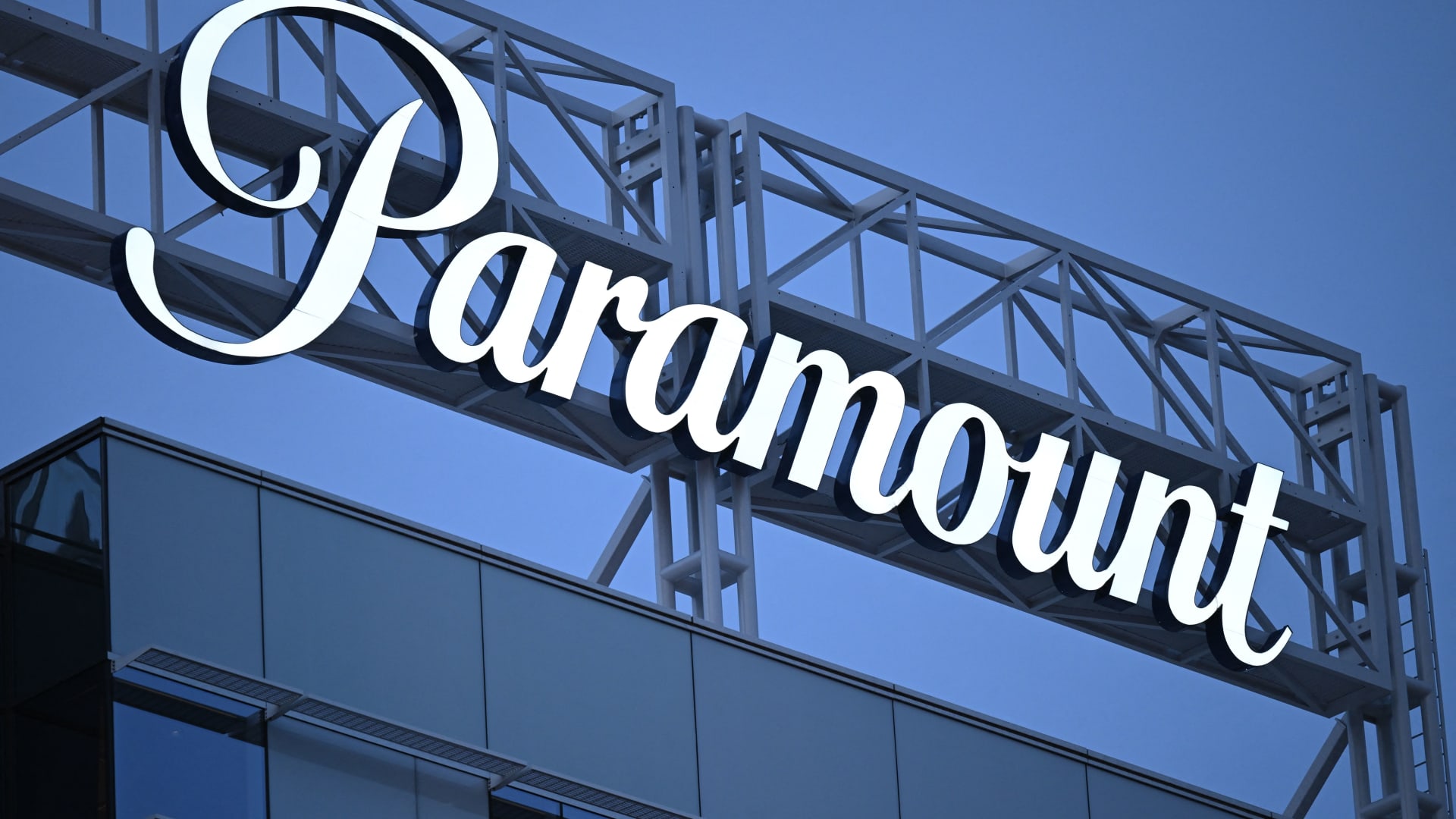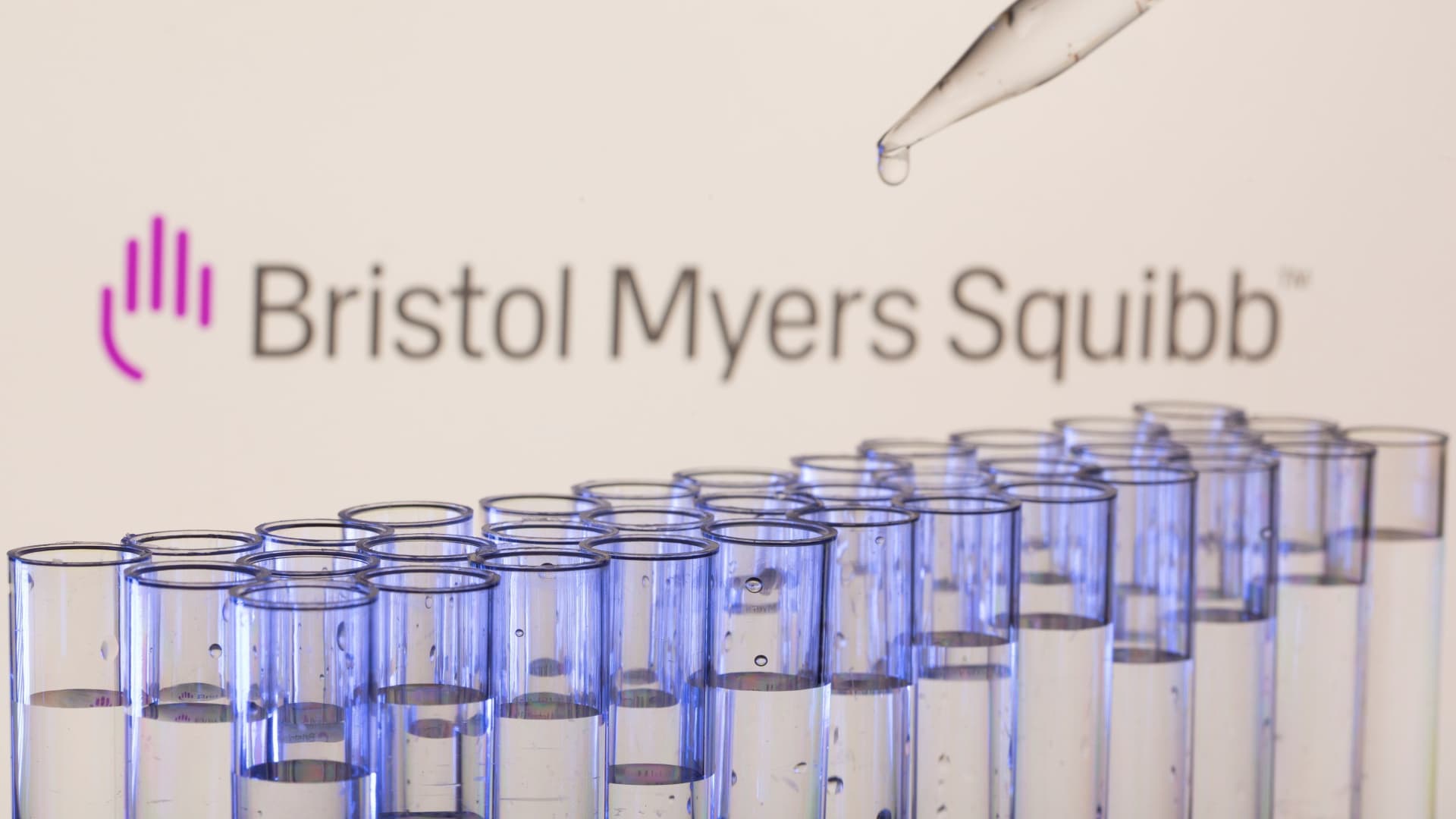PepsiCo raises revenue outlook as earnings beat estimates despite higher costs

PepsiCo on Tuesday reported quarterly earnings and revenue that topped analyst expectations, as consumers paid more for their Doritos, Quaker oatmeal and Gatorade.
On the heels of its strong performance, the company raised its full-year forecast for organic revenue growth.
Shares of the company were essentially flat in premarket trading.
Here’s what the company reported compared with what Wall Street was expecting, based on a survey of analysts by Refinitiv:
- Earnings per share: $1.29 adjusted vs. $1.23 expected
- Revenue: $16.2 billion vs. $15.56 billion expected
Pepsi announced first-quarter net income attributable to the company of $4.26 billion, or $3.06 per share, up from $1.71 billion, or $1.24 per share, a year earlier.
The food and beverage giant reported a $193 million impairment charge after taxes as it tries to discontinue or reposition some of its juice and dairy brands in Russia. The charge dragged down its earnings by 14 cents per share. An additional impairment charge of $241 million after taxes related to the Russia-Ukraine conflict weighed on its earnings by 17 cents per share.
“We don’t expect the business to deliver a lot of growth this year, given all of the challenges and the decisions we’ve made,” CFO Hugh Johnston told analysts on the conference call.
In March, Pepsi joined a host of other Western companies in suspending some of its Russian business but fell short of halting sales entirely like rival Coca-Cola. Pepsi generates roughly 4% of its annual revenue in Russia, making the country one of the few markets where it has a bigger presence than Coke. The company said it will keep selling some essential products, like baby formula, milk and baby food.
Excluding the sale of its juice business, the Russian impairment charge and other items, the company earned $1.29 per share, topping the $1.23 per share expected by analysts surveyed by Refinitiv.
Net sales rose 9.3% to $16.2 billion, beating expectations of $15.56 billion. Organic revenue climbed 13.7% in the quarter, fueled largely by higher prices.
Executives said that convenience stores are seeing less foot traffic as fuel prices climb, but consumer behavior hasn’t changed meaningfully yet.
The company’s North American beverage business reported volume growth of 3%. This quarter marked the launch of Pepsi’s foray into alcohol with Hard Mtn Dew, made in partnership with Boston Beer. CEO Ramon Laguarta said the new drink has had a “pretty good response” from consumers, but it’s too early yet to call it a big success.
“There’s a lot of initial trial,” he said. “As always in these circumstances, we have to weigh it and see if it repeats and see really where the business stabilizes.”
Frito-Lay North America saw volume increase just 1% in the quarter, although the segment’s organic revenue climbed 14%. The company said Doritos, Lay’s, Ruffles and Cheetos all saw double-digit revenue growth.
Quaker Foods was the only North American business unit to report shrinking volume during the quarter. The segment has struggled to hold onto the consumers it gained during the early days of the Covid pandemic, when more people were eating breakfast at home. Still, Pepsi said it gained market share in the rice and pasta, light snacks, ready-to-eat cereal and snack bar categories.
For the full year, Pepsi now expects organic revenue growth of 8%, up from its prior forecast of 6%. Johnston said the revised forecast is due both to rising prices and increased volume. The company reiterated its forecast for full-year core earnings per share growth of 8%.




